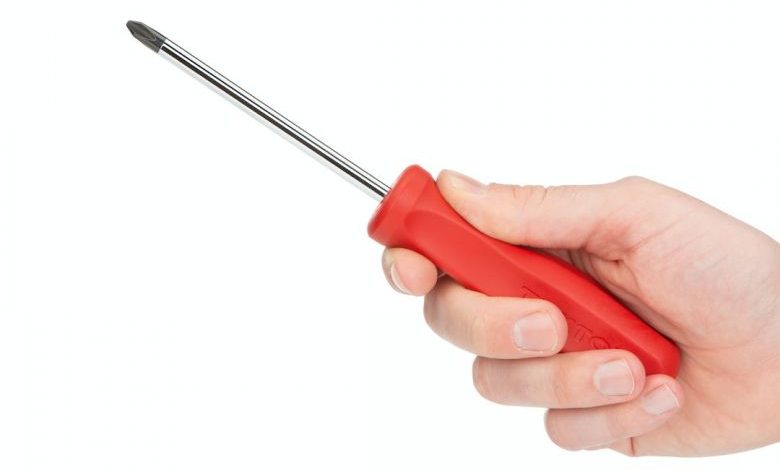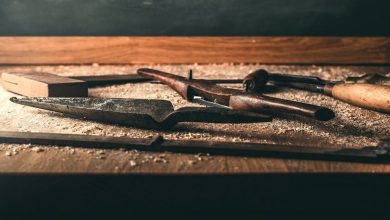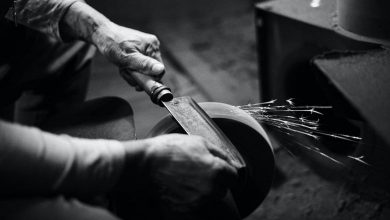Understanding the Variety in Screwdrivers

Every DIY enthusiast or professional handyman knows the importance of having a reliable set of screwdrivers. These versatile tools are essential for a wide range of tasks, from assembling furniture to fixing appliances and electronics. However, with so many different types and sizes available, it can be overwhelming to choose the right screwdriver for the job. In this article, we will explore the variety in screwdrivers and help you understand which ones are best suited for different tasks.
Flathead Screwdrivers: The Classic Choice
Flathead screwdrivers are perhaps the most commonly recognized type of screwdriver. With a simple flat blade, they are designed to fit into the straight slot of a screw head. Flathead screwdrivers come in various sizes, ranging from small precision drivers to larger ones for heavy-duty tasks. They are commonly used for tasks like opening paint cans, tightening loose screws, and working with electrical outlets.
Phillips Screwdrivers: The Versatile Option
Phillips screwdrivers, also known as crosshead screwdrivers, are designed to fit into the cross-shaped slot of a screw head. This design provides better torque distribution and reduces the risk of the screwdriver slipping out of the slot. Phillips screwdrivers are commonly used in furniture assembly, electronics repair, and automotive work. They come in a range of sizes, denoted by numbers such as #0, #1, #2, and #3, with #2 being the most commonly used size.
Torx Screwdrivers: The Specialty Tool
Torx screwdrivers are designed for use with screws that have a unique star-shaped pattern on the head. These screws are often found in electronic devices, automotive parts, and appliances. Torx screwdrivers provide a more secure grip and prevent cam-out, which occurs when the driver slips out of the screw head. They are available in various sizes, denoted by T5, T6, T7, and so on.
Hex Screwdrivers: The Go-To for Allen Screws
Hex screwdrivers, also known as Allen wrenches or hex keys, are used specifically for hexagonal screws and bolts. These screws are commonly found in furniture, bicycles, and machinery. Hex screwdrivers have a six-sided shape that fits perfectly into the hexagonal head of the screw. They are available in both L-shaped and T-shaped designs, providing different levels of leverage and accessibility.
Square Screwdrivers: The Rare Find
Square screwdrivers, also known as Robertson screwdrivers, are primarily used in North America. They have a square-shaped tip that fits into square screw heads. Square screwdrivers are known for their excellent grip and reduced risk of cam-out. They are commonly used in woodworking, construction, and automotive applications.
Specialty Screwdrivers: The Niche Tools
In addition to the standard screwdrivers mentioned above, there are also specialty screwdrivers designed for specific tasks. These include:
– Precision Screwdrivers: These small screwdrivers are ideal for delicate tasks that require precision, such as working with small electronics or watches.
– Insulated Screwdrivers: These screwdrivers have insulated handles, making them safe for working with live electrical circuits.
– Ratcheting Screwdrivers: These screwdrivers have a ratcheting mechanism that allows for faster and easier screwing or unscrewing.
– Magnetic Screwdrivers: These screwdrivers have a magnetic tip that holds the screw in place, preventing it from falling off or getting lost.
Conclusion: Choosing the Right Screwdriver
When it comes to screwdrivers, having the right tool for the job is crucial. Understanding the variety in screwdrivers, from flathead to Phillips, Torx to hex, and square to specialty, will help you tackle any task with confidence. Whether you are a DIY enthusiast or a professional handyman, investing in a quality set of screwdrivers will ensure that you have the right tool for every job. So, next time you reach for a screwdriver, choose wisely and enjoy the satisfaction of a job well done.




